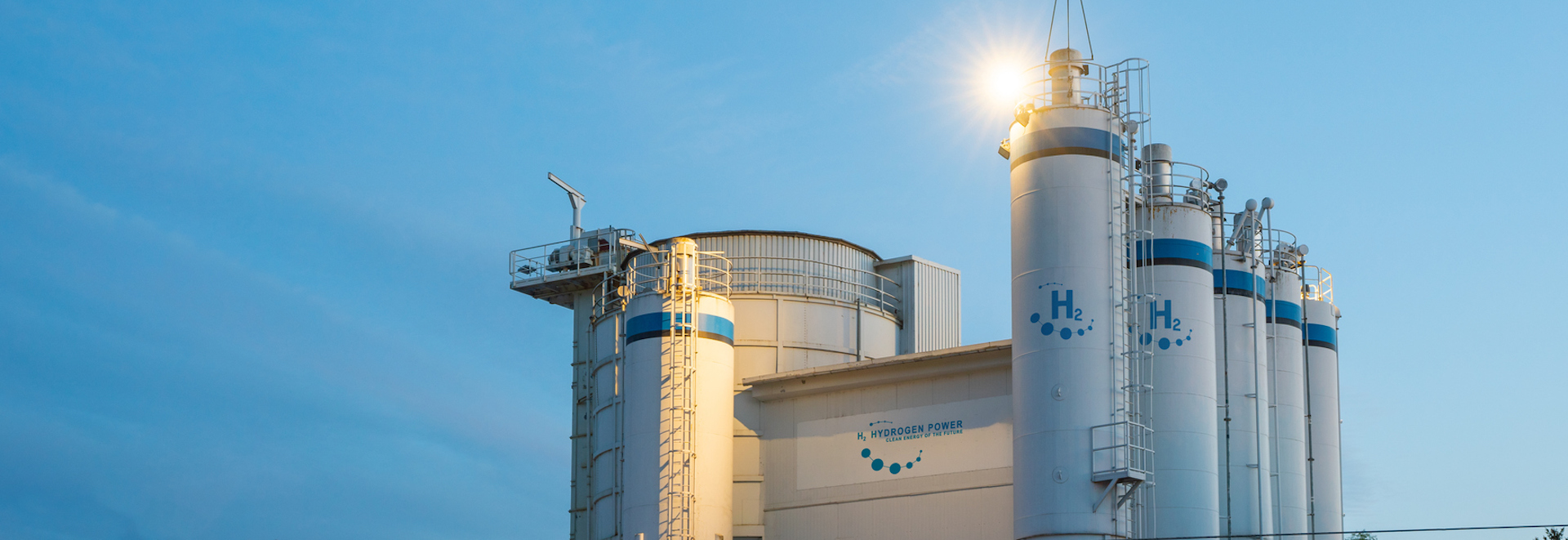The Biden administration recently revealed its plan to incentivize the clean production of hydrogen, a clean-burning fuel that mainly releases water vapor when burned. Hydrogen, however, isn't so easy to produce without using dirty forms of energy, which is exactly what the administration set out to avoid.
Hydrogen is produced using an electrolyzer, which separates the hydrogen molecules from the oxygen molecules in water. The problem with current hydrogen production is that most of the electrolyzers used are powered by natural gas, which adds pollutants to the atmosphere.
The Biden administration announced major tax breaks for companies that can produce hydrogen using clean energy, but there are strict guidelines a producer must follow to get the full tax credit. Language in the bill was specifically put in to make sure hydrogen production didn't use the current power grid, which mainly runs on coal and natural gas.
To earn the full tax credit, hydrogen producers will have to use power from a clean energy source built within the past three years. On top of that, beginning in 2028, producers can only run electrolyzers at the same time that clean energy is available.
While some companies see that as a hindrance, others see it as an opportunity for innovation. Electric Hydrogen, a startup in the United States, is making an electrolyzer designed to increase and decrease output as the availability of power from wind and solar increases and decreases.
A $4 billion project in Texas is already underway that will produce hydrogen on a large scale using only solar and wind power.
The Biden administration has laid out plans to get the U.S. to produce 50 million tons of clean hydrogen by 2050 and set up the necessary infrastructure to connect pourers and buyers. It's just another step toward using clean forms of energy and away from energy sources that are harmful to the planet.
Hydrogen could replace dirty energy sources to produce steel or fertilizer or power large trucks, ships, or even planes.
Rachel Fakhry, policy director for emerging technologies at the Natural Resources Defense Council, told the New York Times, "There will be a lobbying blitz around the final rule. We're watching closely to make sure there aren't any new loopholes that will be harmful for emissions or consumers."
Join our free newsletter for cool news and actionable info that makes it easy to help yourself while helping the planet.









